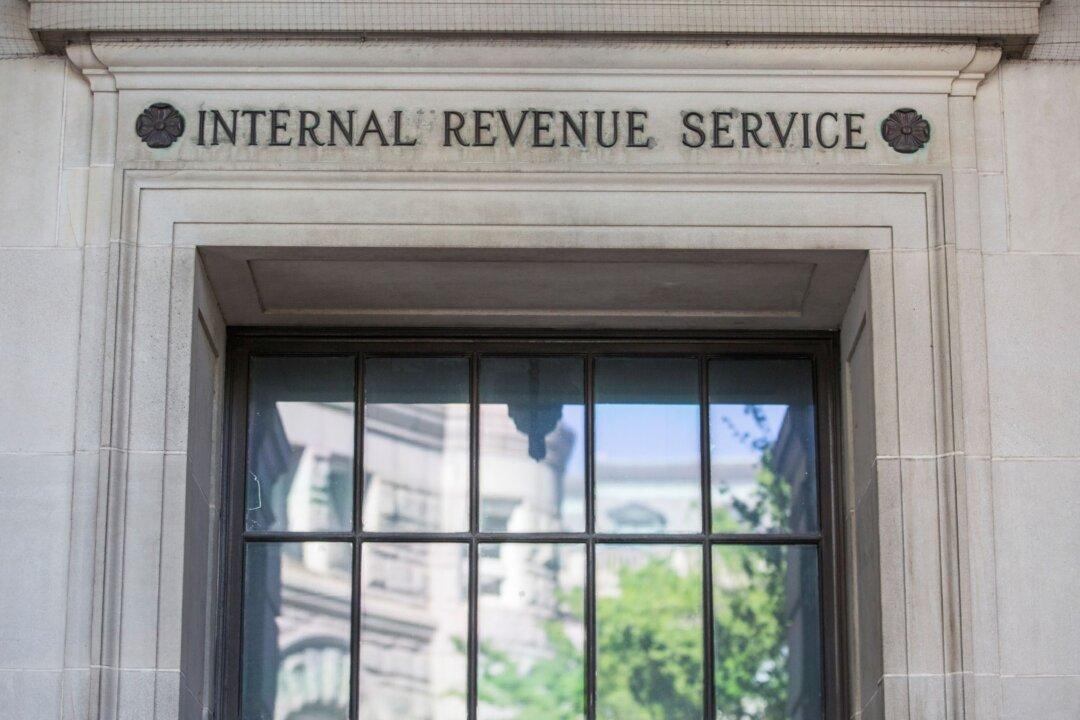A Democrat proposal to tax unrealized capital gains when heirs inherit assets—the Sensible Taxation and Equity Promotion (STEP) Act—would have a “significantly negative impact” on the economy, including average annual job losses of 745,000 over 10 years, a new study projects.
The study (pdf), carried out by the nonpartisan firm Regional Economic Models Inc. (REMI) on behalf of the conservative-leaning Committee to Unleash Prosperity, found that sustained annual job losses from eliminating a tax benefit on appreciated assets known as the step-up in basis would range from a low of 537,000 to a high of 949,000, with models predicting a base case of 745,000 lost jobs through 2030.





